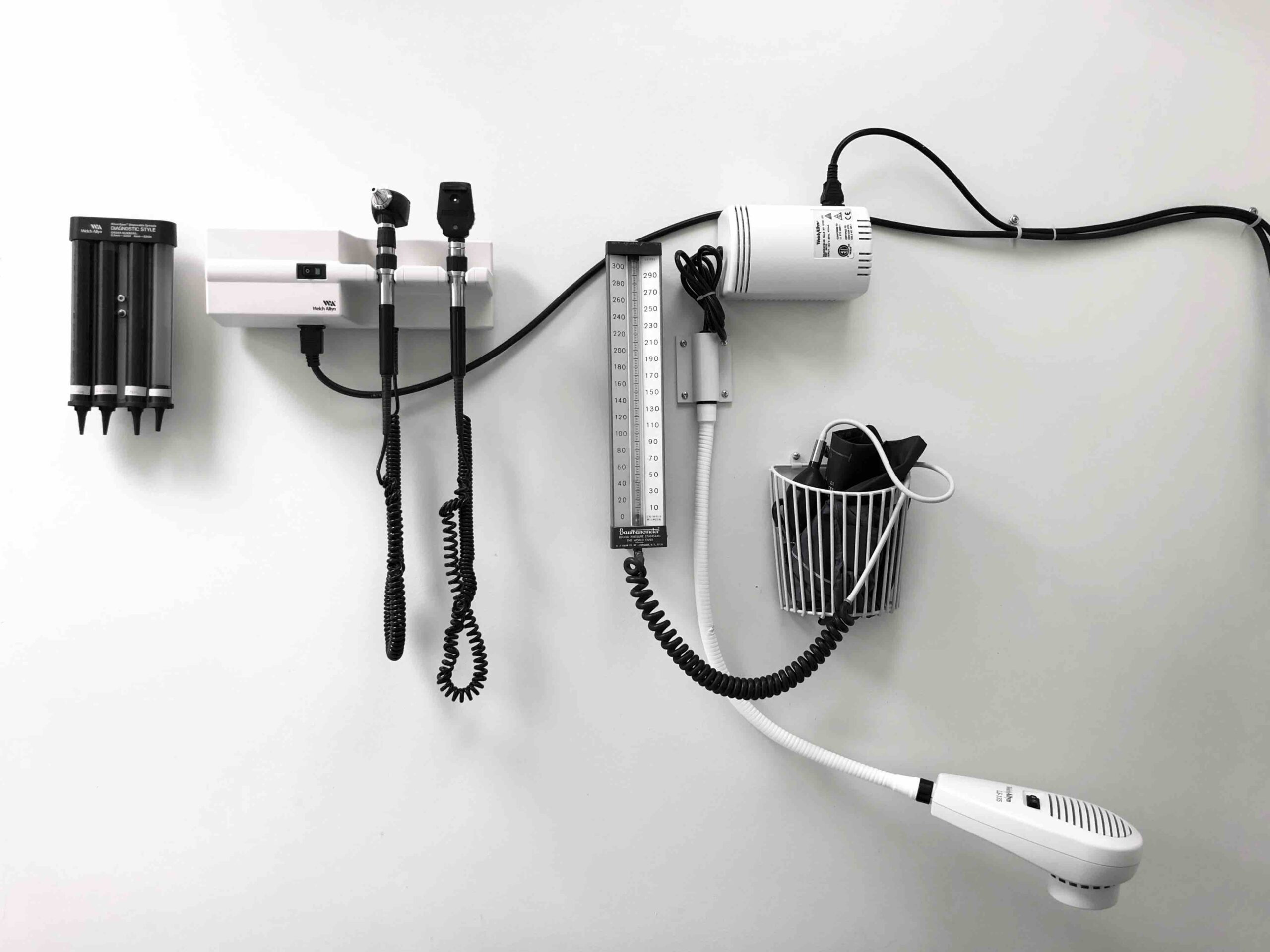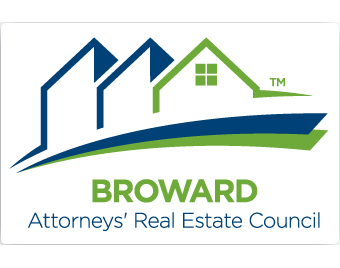Medicare is a “federal health insurance for people 65 or older.” Every person who reaches this age has the right to enroll in Medicare to seek coverage for medical services. There are many myths and misconceptions about what Medicare actually is and how it works. At The Law Offices of Odelia Goldberg, we are committed to empowering families and providing solution-driven elder law representation. In this article, our Fort Lauderdale elder law attorney answers five of the most frequently asked questions (FAQs) about Medicare in Florida.
Medicare is the federal government’s primary health insurance program for senior citizens. It is also available for a very limited number of younger people with certain types of disabilities. That being said, Medicare is not just “one thing”—it is made of several different components. Coverage may be available under Part A, Part B, Part C, and/or Part D of the program. Each part covers different services and comes with its own set of costs and coverage details. Here is an overview:
Yes. A number of different factors will determine whether or not Medicare approves services that a person is seeking. These decisions are often based on the service’s medical necessity and whether or not the care is covered by the specific Medicare plan, or if the provider does not meet Medicare’s standards. While Medicare provides extensive coverage, not all treatments, services, or medications are covered. If a service is deemed not medically necessary but you still wish to receive it, you might be asked to pay all costs. Always ensure that services are approved and covered by Medicare.
Yes. There is an all-too-common misconception that Medicare enrollment is automatic for every person once a person reaches the age of 65. Although some people may be automatically enrolled for Medicare Part A through receipt of Social Security benefits, automatic enrollment is not guaranteed. An eligible person should sign up to enroll in all of the Medicare coverage that they wish to receive as soon as they can qualify. Remember, there are different enrollment periods for Parts A, B, C, and D, and each type of Medicare coverage has its own criteria.
To allow another person to handle matters related to Medicare on your behalf, you need to provide explicit authorization. Two primary methods are used for this purpose:
No—at least not in most cases. Medicare only provides very limited nursing home care coverage. For long-term care coverage in nursing homes, Medicaid is the primary program in the United States that provides coverage. There are significant differences between Medicare and Medicaid. Most notably, Medicaid is a means-tested federal program. In effect, This eligibility is determined, in part, based on an individual’s income and assets. In some cases, a vulnerable person could be required to “spend down” their assets before they can qualify for long-term care/nursing home care coverage through Medicaid. For this reason, proactive long-term care planning is an absolute must. An experienced Fort Lauderdale elder law attorney can help you put the right plan in place.
Contact Our Fort Lauderdale Elder Lawyer for a Confidential Consultation
At The Law Offices of Odelia Goldberg, our Fort Lauderdale elder law attorney provides reliable, solution-focused legal guidance to clients. If you have any questions about Medicare, we are here to help. Contact our legal team today to request your confidential consultation. With a law office in Fort Lauderdale, we provide elder law support in Broward County and throughout South Florida.







The information on this website is for general information purposes only. Nothing on this site should be taken as legal advice for any individual case or situation.
This information is not intended to create, and receipt or viewing does not constitute, an attorney-client relationship.
© 2025 The Law Offices of Odelia Goldberg. All Rights Reserved. Privacy Policy. Web Development by IWD Marketing